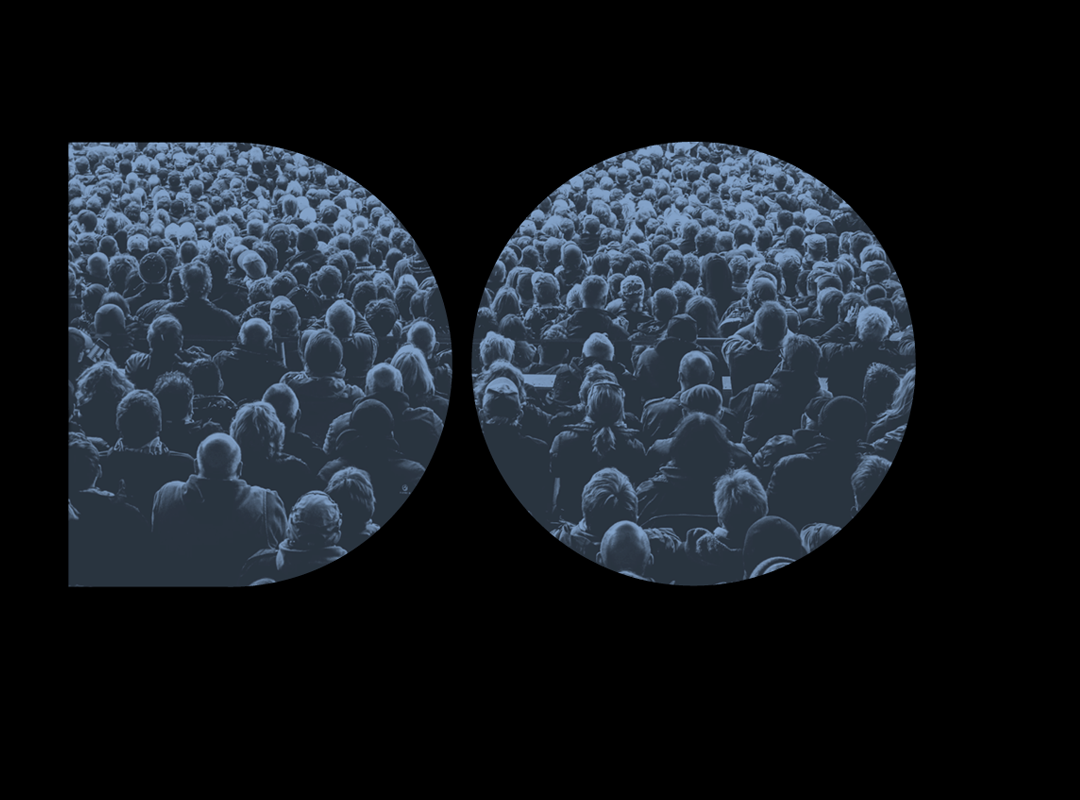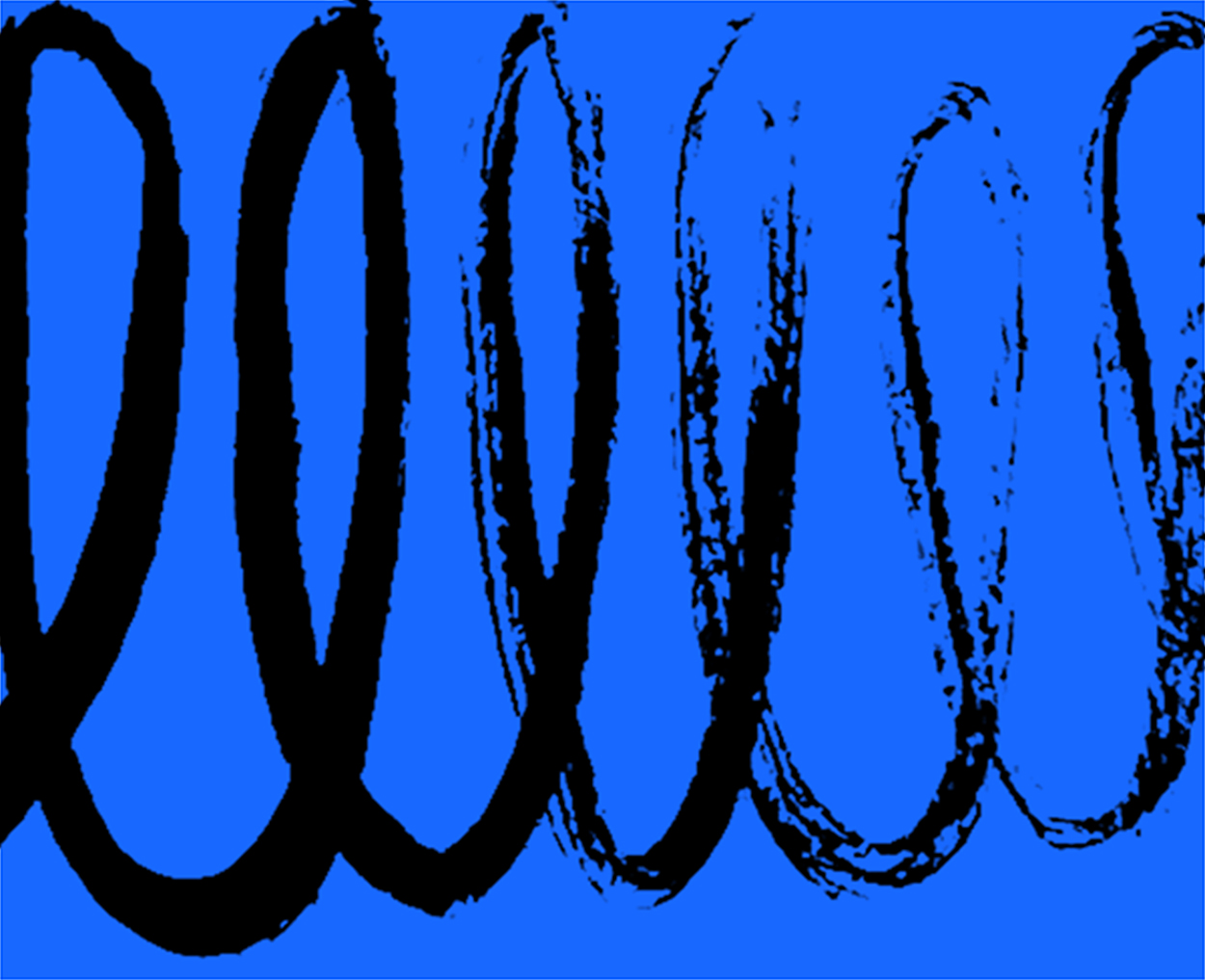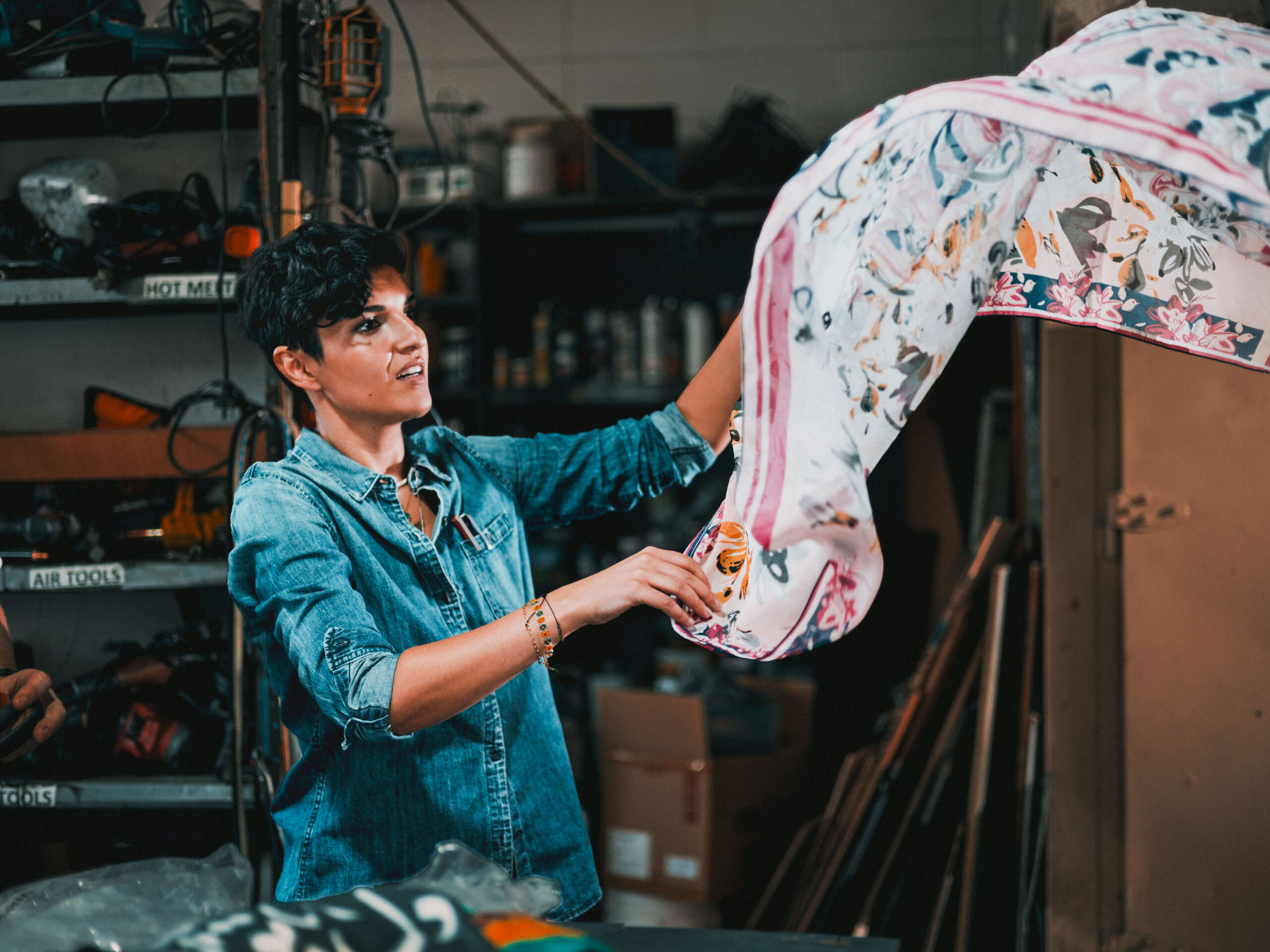
December 16, 2010
On Boring

The original Pennsylvania Station in 1962, two years from demolition (via Wikipedia).
I get told all the time that I am boring. “I really liked what you wrote about Modern Family, but the rest of your stuff, you know…” Shrug. That’s friends. Or from an editor: “I couldn’t gin up enough interest around the office.” Another editor: “What’s the news hook?” Yet a third editor: “Hits a little too close to home for us.”
I used to be depressed by this, and to fear that I was boring. But then I started taking my boring ideas elsewhere, and found that the evolution of the modern kitchen, our national obsession with food and (I hope) the concept that kids make better cities are not always boring. It’s circumstantial. It’s in the execution. But have architecture and design been permanently slotted into the boring category? Can only alliances with organic farming and hotshot authors ever get them out?
In my rovings I also noticed something else. Almost every publication I regularly read publishes boring stories. They have just decided which boring they like. Examples? New York ran a four-page story on re-translating Madame Bovary. The New York Times Magazine profiled another counter-tenor. (That’s just culture. I rarely read the foreign policy stories, meaning I often don’t read the NYTM at all.) The New Yorker, in recent memory, Burkhard Bilger on fermentation. Desinger Frank Chimero just praised the Times online series “The Elements of Math” as the best thing he’d read all year, and asked for more such lessons. Math! Now, I am not saying that I did not find the translation and fermentation stories fascinating, but I hope we can agree that they are, like math, in a larger sense, boring.
Also boring: those weeks, like the these just past, in which everyone is talking about one story (Gawker redesign, Wikileaks, Gawker hack) and, since everyone wants to be part of the conversation, they need to weigh in on the one story too. I think Nicola Twilley’s GOOD post title, “Finally, A Wikileaks Food Story,” was a joke, but you never know.
Besides GOOD, these are mostly publications that seem to only publish on architecture and design in the rarest of circumstances: a review of a new and unmissable building; a profile of an architect so famous I already know all the details; a designer whose process is made to sound miraculous, when really it is just what industrial designers do. (I complained about the last in the New Yorker profile of James Dyson. Now Alice Rawsthorn, of all people, repeats the same canard in a piece on Konstantin Grcic and black rectangles: “Many designers begin a new project by imagining the end result, but Mr. Grcic starts by anticipating how it will be used and shapes it accordingly.” Straw Man 101: Do we really think most product designers have a line of pretty sculptures on their desks and, when asked to design a soap, a phone or a vacuum, simply point at their favorite?)
The way architecture becomes un-boring for such publications is when people who are not architecture writers take an interest. Case in point: Tom Scocca and Choire Sicha’s recent Op-Ed on the wonders of Penn Station. Today’s Penn station. I agree it would have been boring to run an editorial on how the old Penn Station was so great (see “What’s the news hook?). I also agree there’s no sense crying over decades-old spilt milk. But would this Op-Ed have run if it had been written by a duo without meta-media credibility? Were they even serious? My husband, who does not understand the relentless quest for the contrary, was offended by it. I shrugged it off, while regretting that every architecture Tweep RT the piece. Penn Station! In the Times! It was too exciting as an event to resist, even if what Scocca and Sicha seemed to be saying was this was the best we (as architects, designers, a culture) can do. Call me a utopian. I’d like some daylight.
If I have learned anything from this year, it is to write the critiques I can’t stop thinking about, and to stop trying to find topics editors don’t think are boring. Like beauty, it is in the eye of the editor.
Observed
View all
Observed
By Alexandra Lange
Related Posts

Business
Courtney L. McCluney, PhD|Essays
Rest as reparations: reimagining how we invest in Black women entrepreneurs

Design Impact
Seher Anand|Essays
Food branding without borders: chai, culture, and the politics of packaging

Graphic Design
Sarah Gephart|Essays
A new alphabet for a shared lived experience

Arts + Culture
Nila Rezaei|Essays
“Dear mother, I made us a seat”: a Mother’s Day tribute to the women of Iran
Recent Posts
Candace Parker & Michael C. Bush on Purpose, Leadership and Meeting the MomentCourtney L. McCluney, PhD|Essays
Rest as reparations: reimagining how we invest in Black women entrepreneurs Food branding without borders: chai, culture, and the politics of packaging Why scaling back on equity is more than risky — it’s economically irresponsibleRelated Posts

Business
Courtney L. McCluney, PhD|Essays
Rest as reparations: reimagining how we invest in Black women entrepreneurs

Design Impact
Seher Anand|Essays
Food branding without borders: chai, culture, and the politics of packaging

Graphic Design
Sarah Gephart|Essays
A new alphabet for a shared lived experience

Arts + Culture
Nila Rezaei|Essays

 Alexandra Lange is an architecture critic and author, and the 2025 Pulitzer Prize winner for Criticism, awarded for her work as a contributing writer for Bloomberg CityLab. She is currently the architecture critic for Curbed and has written extensively for Design Observer, Architect, New York Magazine, and The New York Times. Lange holds a PhD in 20th-century architecture history from New York University. Her writing often explores the intersection of architecture, urban planning, and design, with a focus on how the built environment shapes everyday life. She is also a recipient of the Steven Heller Prize for Cultural Commentary from AIGA, an honor she shares with Design Observer’s Editor-in-Chief,
Alexandra Lange is an architecture critic and author, and the 2025 Pulitzer Prize winner for Criticism, awarded for her work as a contributing writer for Bloomberg CityLab. She is currently the architecture critic for Curbed and has written extensively for Design Observer, Architect, New York Magazine, and The New York Times. Lange holds a PhD in 20th-century architecture history from New York University. Her writing often explores the intersection of architecture, urban planning, and design, with a focus on how the built environment shapes everyday life. She is also a recipient of the Steven Heller Prize for Cultural Commentary from AIGA, an honor she shares with Design Observer’s Editor-in-Chief,